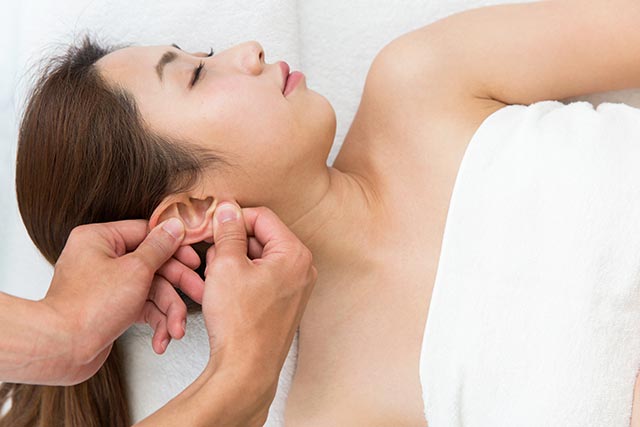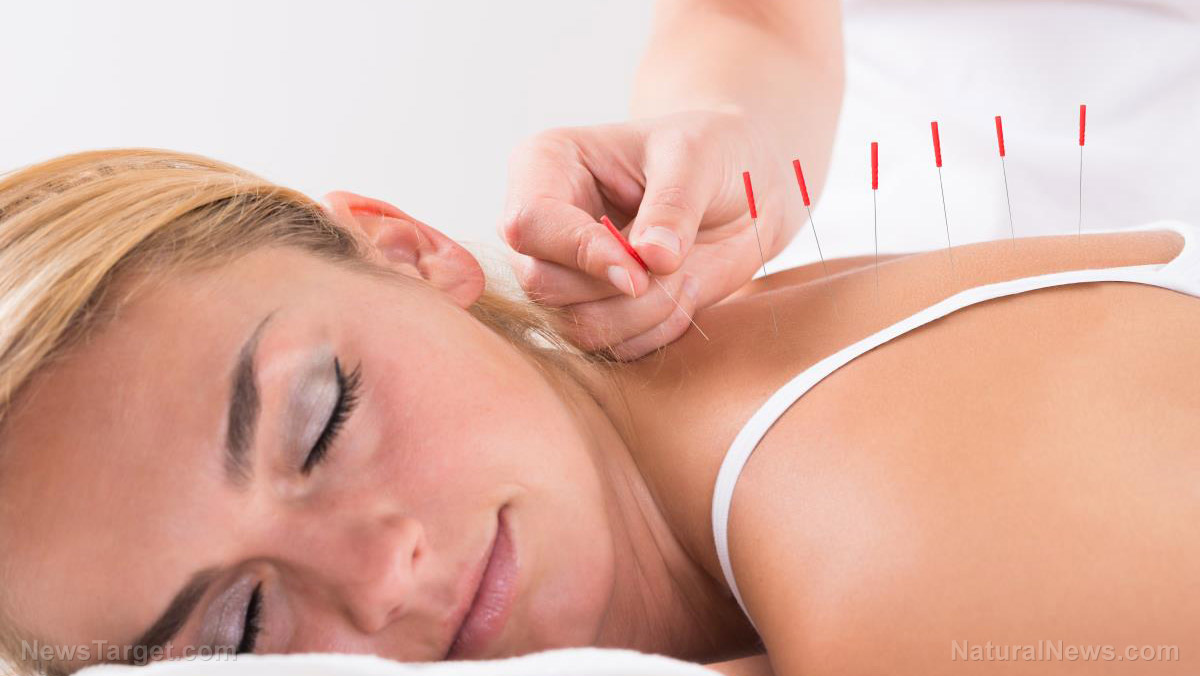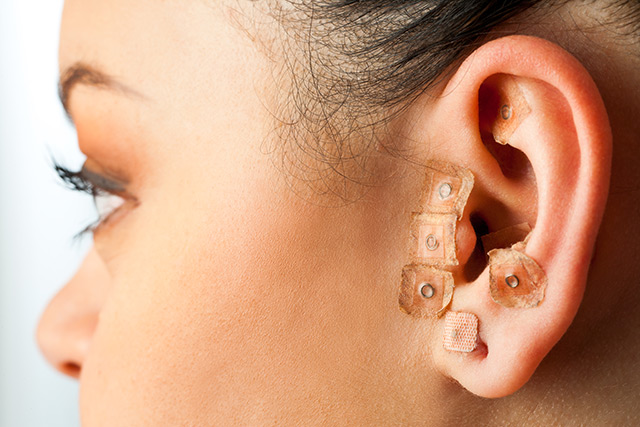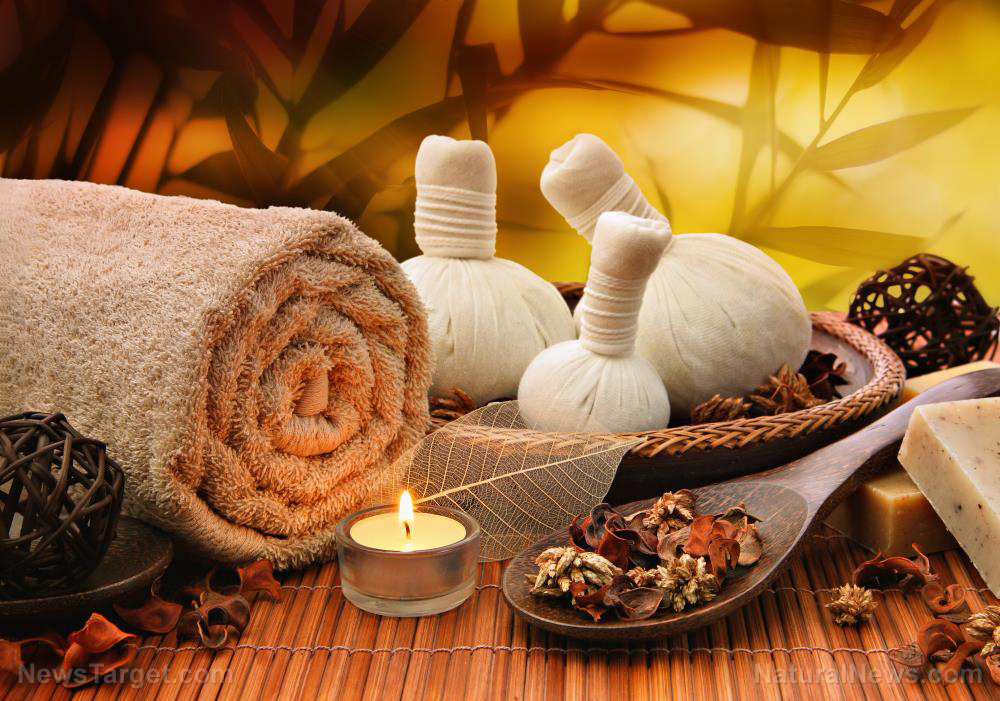Anxiety and insomnia are a bad combination … here’s how to beat both
08/14/2019 / By Stephanie Diaz

According to the National Institutes of Health (NIH), as many as 40 million Americans suffer from chronic, long-term sleep disorder. People who have this condition experience abnormal sleep patterns that often interfere with physical, mental, and emotional health. Stress and anxiety have been known to cause and worsen sleep disorders. Luckily, anxiety-induced sleeplessness or “anxsomnia” is manageable. If you often find yourself having trouble sleeping at night because of anxiety, there are certain simple steps that you can take to sleep better.
Ways to manage “anxsomnia”
Managing sleeplessness caused by anxiety is easier than it sounds. Anxiety can be disruptive, but there are ways to work around, if not totally eliminate it. (Related: Sleeplessness can make you angrier, more frustrated, new study shows.)
Practice mindfulness
Practicing mindfulness can allow you to deal with anxiety. Mindfulness means achieving a mental state where you accept your anxieties and then let them pass. Through this method, you will be able to prevent anxiety from keeping you up at night. The anxiety will not necessarily go away, but mindfulness will help you sleep better in spite of it.
Use herbal medicines
There are certain herbs that are known to improve sleep quality. For instance, valerian root contains compounds that reduce anxiety and promote sleep. Unlike other medicines known to induce sleep, valerian root will not leave you feeling groggy when you wake up the next day.
Emulate the military
The U.S. military knows all about the need to reduce anxiety, given that soldiers often have to operate in highly stressful situations. Some simple ways that soldiers are known to use to manage stress include relaxing your face muscles, releasing all tension from your shoulders, and telling yourself “don’t think, don’t think” over and over for about 10 seconds in order to clear your mind.
Take deep breaths
When anxiety hits, it’s important to breathe deeper and slower. Breathe deeply through the diaphragm so that your belly rises when you inhale and falls when you exhale. If it’s your chest that rises and falls, do your best to draw air into your abdomen when you breathe. Deep breathing relieves anxiety by triggering the parasympathetic nervous system which counteracts the anxiety response that leads to anxious feelings.
Get off social media more often
A 2017 U.S. study found a linear association between anxiety and the number of social media platforms. This finding makes a strong case for the reduction of social media usage having a positive effect on combating anxiety. At the very least, you could try to turn off communicating devices during meal times and stay off work e-mails past a certain time of the day. The constant alerts and notifications can be anxiety-inducing and therefore should be avoided whenever possible.
While these suggestions aim to minimize the effects of anxiety on your well-being, there are also ways to directly improve sleep.
Keep magnesium and 5-HTP levels high
Magnesium deficiency has been linked to sleep interruptions. There is also a study indicating that 500 mg of magnesium every day helped older people with insomnia fall asleep quicker and longer. Magnesium offers a lot of promise when it comes to improving sleep.
Meanwhile, the amino acid 5-HTP is shown to have similar effects. When consumed, 5-HTP is converted into serotonin and melatonin, which are hormones that regulate mood and promote restful sleep.
Calm down with CBD oil
Cannabidiol (CBD oil) is becoming increasingly more popular for its calming and anxiety-relieving effects. It may be worth giving CBD oil a try; while there isn’t a definitive study pegging CBD oil as a treatment for anxiety, there is evidence to suggest that CBD oil promotes relaxation, and therefore improves sleep.
For more news and stories on managing anxiety and sleeplessness, visit MindBodyScience.news.
Sources include:
Tagged Under: 5-HTP, alternative medicine, Anxiety, anxiety relief, beatdepression, brain health, cannabidiol, cannabis oil, CBD oil, cognitive health, herbal medicine, magnesium, mind body science, mindfulness, natural cures, natural medicine, remedies, sleep, sleep disorders, Social media, stress relief
RECENT NEWS & ARTICLES
HealingArts.News is a fact-based public education website published by Healing Arts News Features, LLC.
All content copyright © 2018 by Healing Arts News Features, LLC.
Contact Us with Tips or Corrections
All trademarks, registered trademarks and servicemarks mentioned on this site are the property of their respective owners.

















